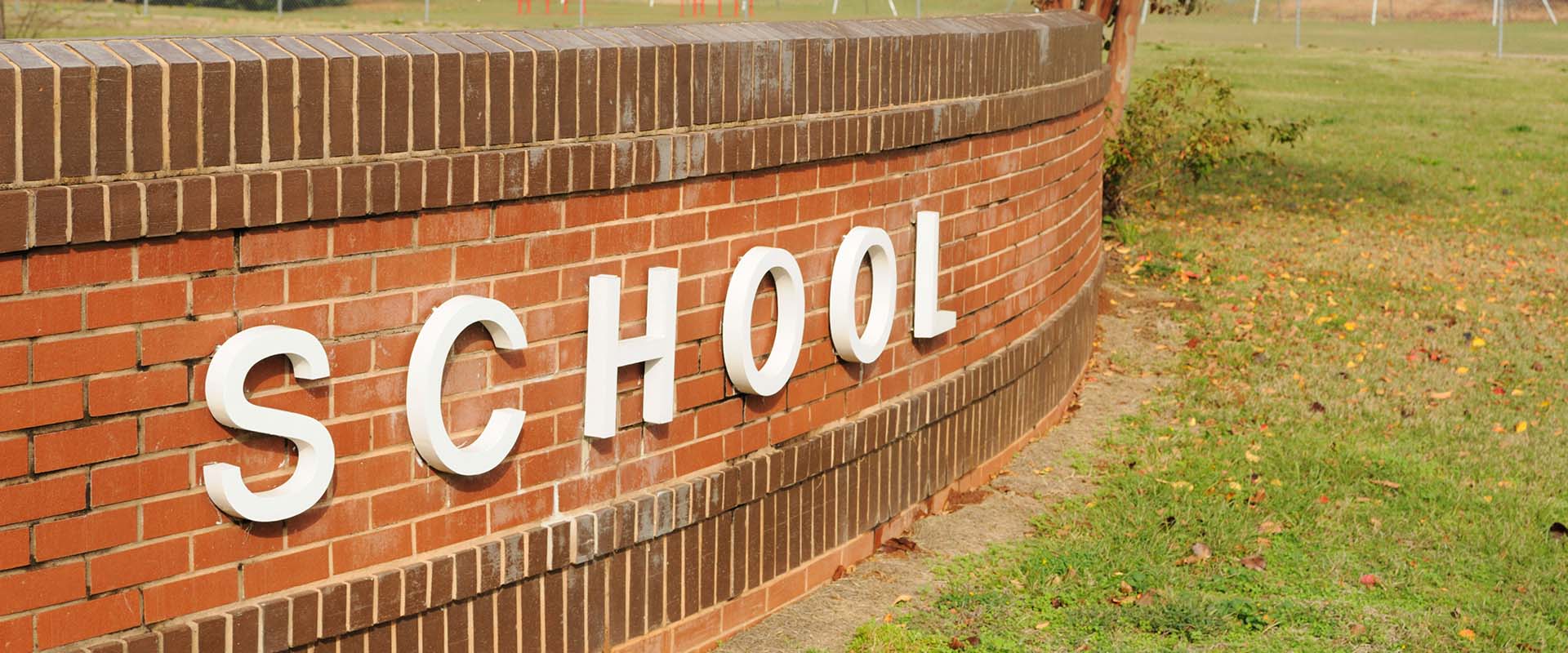Juvenile Court School Students Gain New Educational Options

May 2018
Number 18
A new law permits students enrolled in juvenile court schools to voluntarily defer or decline the issuance of a diploma for meeting state graduation requirements so that the student may take additional coursework at the juvenile court school or, once released, at a school operated by a local educational agency (LEA). Assembly Bill (AB) 1124, which went into effect on January 1, amended Education Code section 48645.3 and added Education Code section 48645.7.
Prior law required a county office of education (COE) to issue a diploma to a student who completes the state graduation requirements while attending a juvenile court school and prohibits the COE from requiring the student to complete coursework or requirements in addition to the state requirements. However, students issued a diploma by the juvenile court schools were then ineligible to return to their home schools upon release, as they had already graduated. The bill's author noted that continued school enrollment provides these students the opportunity to learn additional content and skills, fulfill higher education admissions requirements, and pursue career pathways.
Under this new law, juvenile court school students continue to have the right to a diploma upon completion of state graduation requirements. However, these students now have the additional right to defer the granting of that diploma until release, at which time they can also decline the issuance of a diploma for the purpose of re-enrolling in their home school for further study.
AB 1124 also imposes certain requirements on COEs to ensure that juvenile court school students are informed about their rights under the law. When a juvenile court school student becomes entitled to a diploma for meeting state graduation requirements, the COE must provide the student (or the educational rights holder if the student is not yet 18) and the student's social worker or probation officer information regarding of the following:
The COE is also required to advise the student or education rights holder to consider, when deciding whether to elect or decline the diploma, whether the student is highly likely to enroll in his or her home school, benefit from continued instruction, and graduate from high school.
In addition, AB 1124 authorizes enforcement through the Uniform Complaint Procedures and requires educational agencies to include information regarding the bill in their annual notices.
Takeaways
This bill expands educational options for juvenile court school students and focuses on individualized decision-making for these students. COEs should be aware of their obligations to assist juvenile court school students in this process and all educational agencies should review their annual notifications for appropriate revisions and advise and notify students of their options.
If you have any questions about AB 1124 or about the educational rights of juvenile court school students in general, please contact the authors of this Client News Brief or an attorney at one of our eight offices located statewide. You can also visit our website, follow us on Facebook or Twitter or download our Client News Brief App.
Number 18
A new law permits students enrolled in juvenile court schools to voluntarily defer or decline the issuance of a diploma for meeting state graduation requirements so that the student may take additional coursework at the juvenile court school or, once released, at a school operated by a local educational agency (LEA). Assembly Bill (AB) 1124, which went into effect on January 1, amended Education Code section 48645.3 and added Education Code section 48645.7.
Prior law required a county office of education (COE) to issue a diploma to a student who completes the state graduation requirements while attending a juvenile court school and prohibits the COE from requiring the student to complete coursework or requirements in addition to the state requirements. However, students issued a diploma by the juvenile court schools were then ineligible to return to their home schools upon release, as they had already graduated. The bill's author noted that continued school enrollment provides these students the opportunity to learn additional content and skills, fulfill higher education admissions requirements, and pursue career pathways.
Under this new law, juvenile court school students continue to have the right to a diploma upon completion of state graduation requirements. However, these students now have the additional right to defer the granting of that diploma until release, at which time they can also decline the issuance of a diploma for the purpose of re-enrolling in their home school for further study.
AB 1124 also imposes certain requirements on COEs to ensure that juvenile court school students are informed about their rights under the law. When a juvenile court school student becomes entitled to a diploma for meeting state graduation requirements, the COE must provide the student (or the educational rights holder if the student is not yet 18) and the student's social worker or probation officer information regarding of the following:
- The student's right to a diploma;
- How taking coursework and other requirements adopted by the COE or continuing education upon release will affect the student's ability to gain college admission;
- Transfer opportunities available through California community colleges; and
- The student's or the education rights holder's option to allow the student to defer or decline the diploma and take additional coursework.
The COE is also required to advise the student or education rights holder to consider, when deciding whether to elect or decline the diploma, whether the student is highly likely to enroll in his or her home school, benefit from continued instruction, and graduate from high school.
In addition, AB 1124 authorizes enforcement through the Uniform Complaint Procedures and requires educational agencies to include information regarding the bill in their annual notices.
Takeaways
This bill expands educational options for juvenile court school students and focuses on individualized decision-making for these students. COEs should be aware of their obligations to assist juvenile court school students in this process and all educational agencies should review their annual notifications for appropriate revisions and advise and notify students of their options.
If you have any questions about AB 1124 or about the educational rights of juvenile court school students in general, please contact the authors of this Client News Brief or an attorney at one of our eight offices located statewide. You can also visit our website, follow us on Facebook or Twitter or download our Client News Brief App.
As the information contained herein is necessarily general, its application to a particular set of facts and circumstances may vary. For this reason, this News Brief does not constitute legal advice. We recommend that you consult with your counsel prior to acting on the information contained herein.





